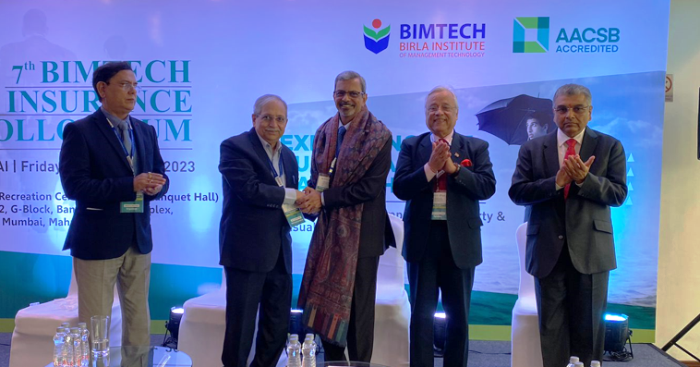New Delhi, October 11, 2014 – Dr Harsh Vardhan, Union Health Minister, has said that universal access to mental health care is a specific goal of the government. It would find substantial articulation in the evolving National Health Policy and National Health Assurance Mission (NHAM), he said.
“I visited the famous Institute of Mental Health and Hospital in Agra this week in preparation for the launch of the National Mental Health Policy. I have promised it fresh funds for modernisation and expansion. Similar funds will be given to all hospitals in the country to enable them to open departments for treating patients in need of psychological and psychiatric healthcare,” the Minister said today after launching India’s first Mental Health Policy.
Significantly, the Mental Health Policy was launched on the first ever National Mental Health Day organised by the government.
The Policy’s objective is to provide universal access to mental health care by enhancing understanding of mental health and strengthening leadership in the mental health sector at all levels. It will have a pro-poor orientation because only the creamy layer of society presently has access to mental healthcare in India today, the Health Minister stated.
Dr Harsh Vardhan said that the Policy is backed up by the “Mental Health Action Plan 365”. It clearly spells out the specific roles to be played by the Central government, the state governments, local bodies and civil society organisations. He also released two booklets published by the Directorate General of Health Services: “A Training Module of Essential Psychiatry in General Practice” and “A Guide to Psychiatry in General Practice”.
“We will move the Mental Health Bill in Parliament because the earlier effort made in 1987 ran aground due to a number of defects. This time a policy group worked dedicatedly to develop its recommendations. I thank them for recognising that the vast majority of the mentally ill people in India live in the villages and there is literally no care available for them,” the Minister said.
Dr Harsh Vardhan pointed out that earlier laws governing the mentally ill, the Indian Lunatic Asylum Act, 1858, and Indian Lunacy Act, 1912, ignored the human rights aspect and were concerned only with custodial issues. After Independence it took 31 years for India to attempt the first enactment, which resulted another nine years later in the Mental Health Act, 1987. But due to many defects in this Act, it never came into force in any of the states and union territories.
Remarking on the significance of National Mental Health Day, Dr Harsh Vardhan said, “It is an occasion for raising people’s awareness on mental illnesses and removing the false perceptions attached to them. We want a nation that upholds the human rights of mental patients. Also, it will be an occasion to generate awareness against stigmatisation of people with mental illnesses and highlight the symptoms and remedial opportunities for those with depression, schizophrenia, bipolar syndrome, etc.”
World Health Organisation has predicted that about 20 percent of India’s population would suffer from some form of mental illness by 2020. The country has only about 3,500 psychiatrists. Therefore, the government is confronted with the problem of lowering this gap significantly over the next decade, the Health Minister noted. Dr Harsh Vardhan said, “The bi-directional relationship of mental ill health and poverty is evident in many reports, including the World Disability Report, 2010, that places persons with mental disabilities at the bottom of the pyramid. This alerts us to what could become a health crisis with damaging consequences for society.”
Therefore, Dr Harsh Vardhan personally oversaw the drafting of the Policy. He envisaged it as a robust response to the complex problem that affects multiple dimensions to life.
He said, “I made sure that it is embedded in a value system that upholds participatory and human rights. We have also taken care of the last mile in service provision.”
The Health Minister was joined by Ms. Nata Menabde, Country representative WHO; Shri Lov Verma, Union Health Secretary; Dr Jagdish Prasad, DGHS and other senior officers of the ministry, in launch of the country’s first Mental Health Policy. CCI Newswire
























